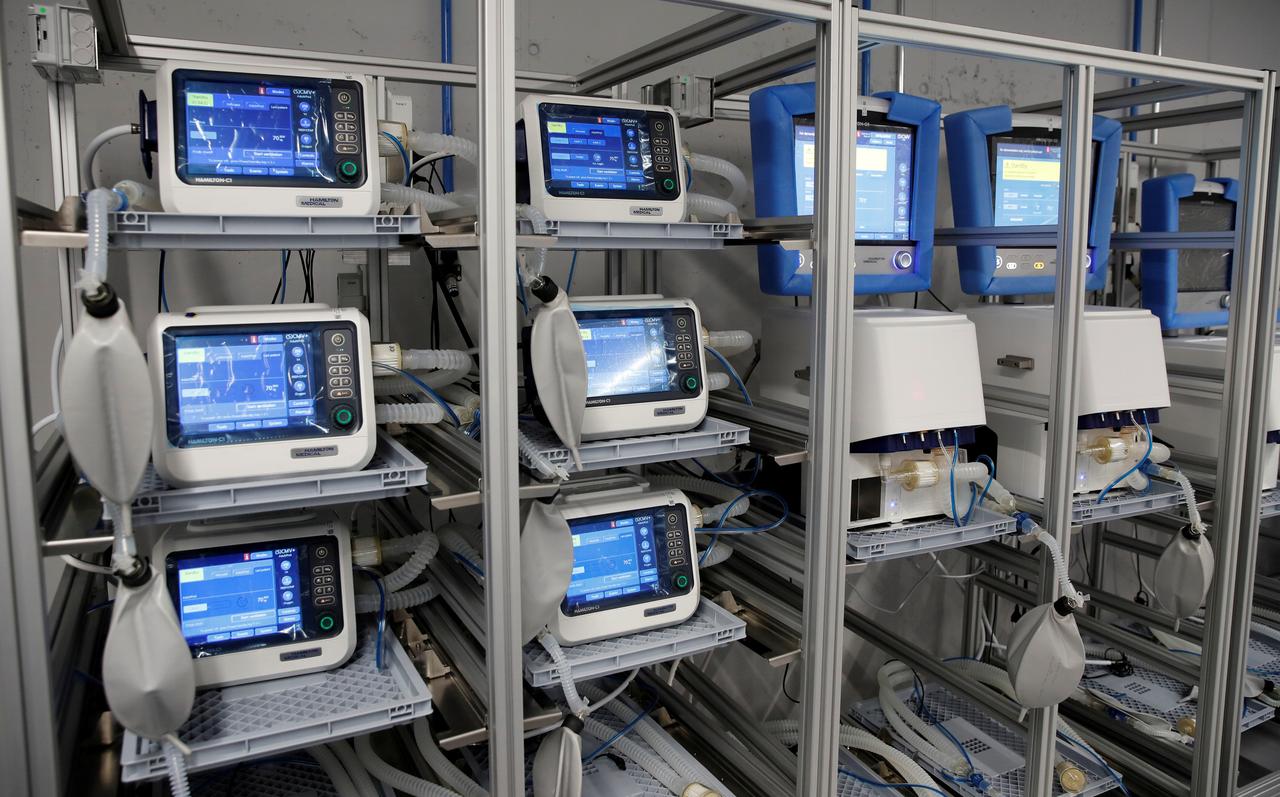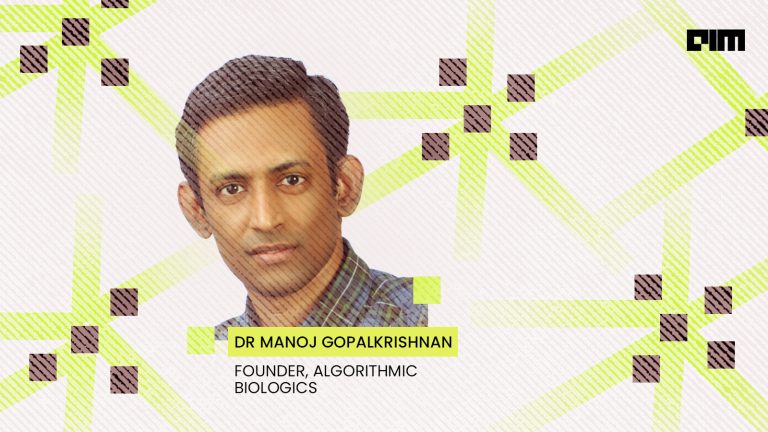At this time of need, an open-source hardware project started by a group, consisting of an Irish entrepreneur Colin Keogh and Breeze Automation CEO and co-founder Gui Calavanti, has come to the rescue. The team has produced a prototype ventilator using 3D-printed parts and readily available, inexpensive materials — renewables like sugar cane or corn starch. The prototyped ventilator was designed and created within a week after the project spun up on Facebook, which attracted over 300 engineers, medical professionals and researchers to join in.
The prototype will now need validation by the Irish Health Services Executive (HSE), for its use in Ireland, which has been surveyed as one of the regions which are relatively well-stocked for ventilator hardware, but it surely can prove a lot of benefits for developing and low-income countries where there are shortages. According to reports, it is estimated up to 960,000 coronavirus patients may need ventilators for life support.
Apart from developing countries, the U.S. is also likely to encounter shortages of ventilator hardware, depending on the progress of coronavirus spread in the country. Recently, the White House enacted the Defense Production Act, which provides broad powers to the President for redirecting materials and private company production capacity to building much-needed supplies and equipment in a time of crisis.
During the recent White House briefing on the current COVID-19 situation, U.S. VP Mike Pence stated that there are only 10,000 ventilators in the country’s strategic reserve. This number doesn’t take into account the stock of equipment in hospitals or healthcare facilities around the country, and likely to not address the overall needs of medical professionals in case some of the more severe projections about the infection come true. The project could be one way to help address the shortfall, along with commitments by automakers including GM, Ford and Tesla to produce ventilator equipment should the need arise.
The group behind the innovation of the prototyped ventilator, also recently renamed their group as Open Source COVID19 Medical Supplies community, and willing to expand their focus in order to find ways to cheaply and effectively build and validate other needed equipment, including protective gear like masks, sanitiser and protective face guards for front-line healthcare workers.
Accenture, Deloitte and other companies have offered the use of their R&D infrastructure to assist in the ideation and production process, said Keogh. The Open Ventilator Project remains open to interested parties and has a participation request form on its website.
The Ventilator Hackathon
According to medical experts, the ventilators, which operate by blowing air into a patient’s lungs, are a vital part of treatment for severe cases of Covid-19. In such cases, lung inflammation can develop into viral pneumonia, requiring ventilated breathing support. Consequently, ventilators are becoming short in supply in many parts of the world as physicians are relying on them to help treat patients who’ve contracted the deadly disease.
In the wake of such a situation, another potentially life-saving initiative that has been launched was to seek individuals or corporations to design a ventilator that can eventually be built and used to combat against COVID-19 pandemic. The challenge is a 2-week sprint — Code Life Ventilator Challenge, has been sponsored in collaboration with the Research Institute of the McGill University Health Centre along with the Montreal General Hospital Foundation to collect the best ideas from anywhere in the world to create or design life-saving ventilators.
According to Jean-Guy Gourdeau, CEO of Montreal General Hospital Foundation, a big part of this challenge, with a prize of $200,000, is looking at design solutions that could be shared so that it could be made available to many. Therefore you’re not necessarily limited by current manufacturers.
Additionally, Annie-Claire Fournier, stated, although MUHC currently has 235 ventilators, which is enough to meet existing demand, the researchers behind the initiative want hospitals to be prepared in the event there is a surge in demand as the number of COVID-19 cases increases.
The Code Life Ventilator Challenge, running until the end of March, will have the designs submitted, and out of those top three ventilator models will be selected by the contest organisers at the Montreal General and MUHC. These top three models of ventilators will be available to download for free. Participants are also allowed to submit provisional patents before the announcement of the final design, while also granting the license to local builders to produce the model during the pandemic.
The submissions, in the end, will be judged by a team of expert advisors, including ICU physicians, engineers and others, selected by leading medical staff at the Montreal General Hospital. The top submissions will be tested in the Clinical Innovation Platform at the Montreal General Hospital, and the winning designs will be released as soon as possible.
In fact, prime minister of Canada, Justin Trudeau recently announced that the federal government is trying to mobilise companies to get involved in building healthcare equipment that can help in the fight against the novel coronavirus, including ventilators. And, such an initiative “will help companies that are already making things like masks, ventilators and hand sanitiser to scale up production massively,” said Trudeau.


















































































